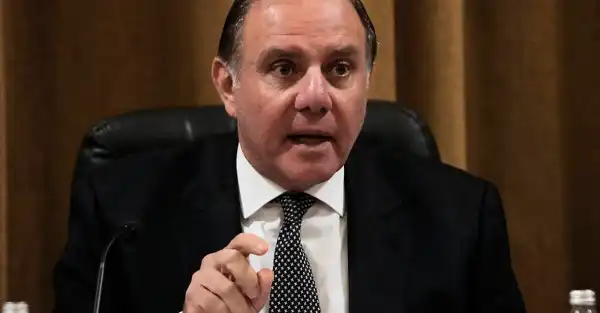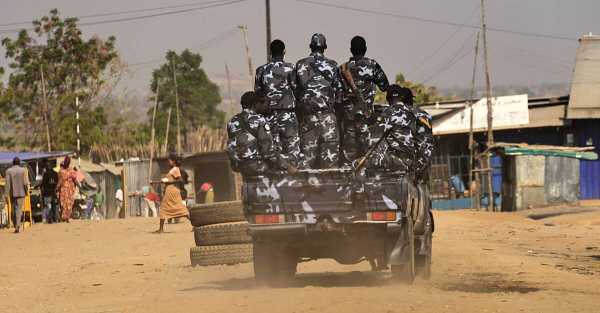
A new government will be elected by parliament on Tuesday, with the support of the two largest political formations in the country – the GERB party of long-serving Prime Minister Boyko Borissov (EPP) and the pro-European liberal coalition “Change Continues – Democratic Bulgaria” (PP-DB), both of which promise to work towards Bulgaria entering the Eurozone, the visa-free Schengen zone and to provide military aid to Ukraine over the next 18 months.
This will be the first regularly elected government in Bulgaria for nearly a year. The country has been in a severe political crisis for the past two and a half years, and sharp conflicts between the main political parties have led to the prolonged rule of President Rumen Radev and his caretaker governments.
Radev has been criticised for pushing a pro-Russian agenda because of his opposition to sending military aid to Ukraine and even the direct sale of Bulgarian weapons to the Ukrainian army. However, since the start of 2022, Bulgarian arms companies have sold weapons to Ukraine for over €2 billion, through intermediaries in Poland and Romania. The MPs from GERB and PP-DB promise to end this duplicitous Bulgarian position and for the country to adopt a firmer pro-European policy.
During the first nine-month rotation, the prime minister will be Professor of Chemistry Nikolay Denkov (PP-DB), who has experience as an Education Minister in four Bulgarian governments. He will then be replaced by former European Commissioner Mariya Gabriel (GERB).
“We all need a calming of the political situation so that people know that all institutions work for the benefit of people and businesses,” Denkov said on Monday.
GERB and PP-DB have a total of 132 deputies, which is enough to support the draft cabinet in the plenary hall if they all vote for electing the new government. The minimum majority for electing a government in the Bulgarian parliament is 121 out of a total of 240 deputies. This means that the new majority has a buffer if some of their MPs rebel against a joint government of both parties.
GERB and PP-DB were harsh political enemies before the last general election in April, although they did not have major differences on key issues of the country’s foreign policy. The dividing line was the corruption background of Boyko Borisov’s 12-year rule, but it was overcome because of the conflict between GERB and the chief prosecutor Ivan Geshev. The head of the Bulgarian prosecutor’s office has been the target for PP-DB, who see him as the main obstacle to implementing the long-awaited judicial reform in the country.
“I don’t see what people can be unhappy about. After the fifth general election, we are trying to make a government so that it can work. It is about a lot of reforms that the Council of Ministers has to prepare and bring to the parliament because there is a big delay,” Denkov said.
(Krassen Nikolov | EURACTIV.bg)
Read more with EURACTIV

Slovakia’s former justice minister indicted over Facebook status
Source: euractiv.com



